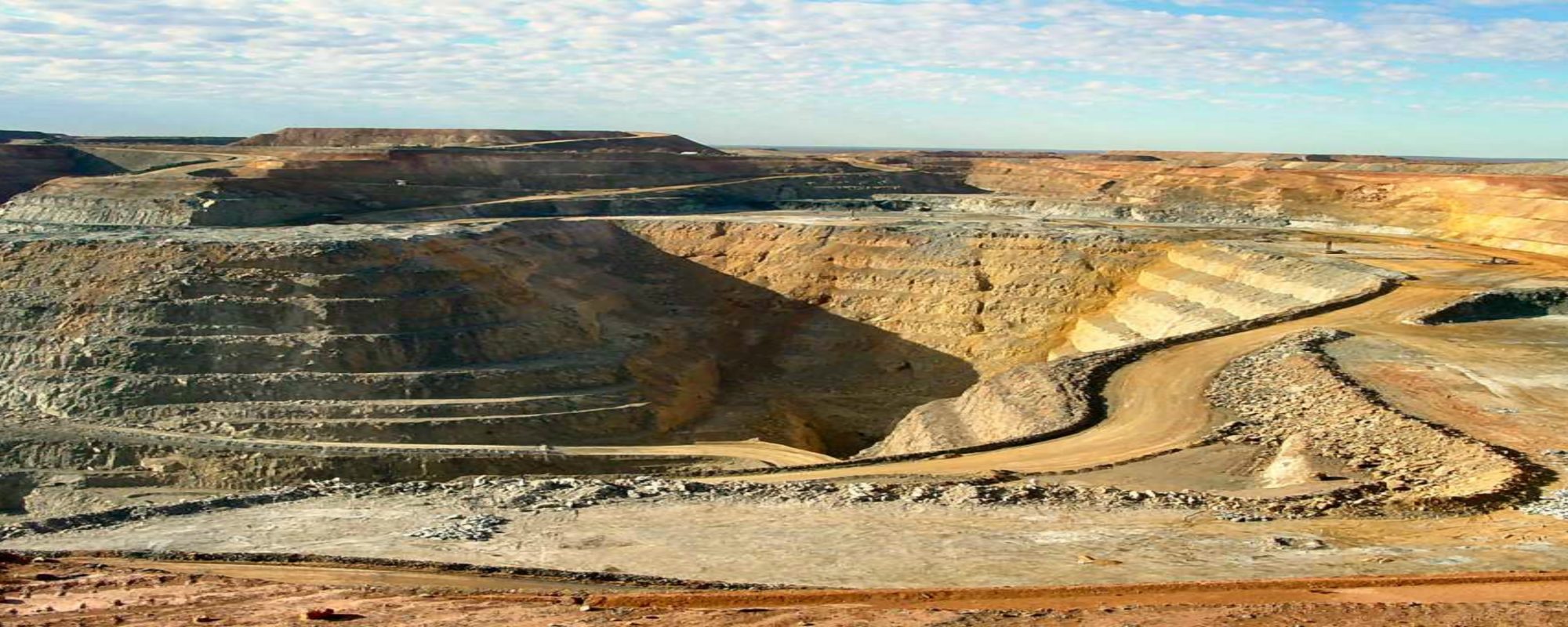This article was first published in the 2012 edition of WA Mining Club‘s Minesite, an annual collection of the club’s activities as well as those of its members. Ron is an active participant of WA Mining Club and never misses an opportunity to pen a few words.
One thing is for certain, Ron Manners, Chairman of the Mannkal Economic Education Foundation, calls a spade a spade and does not sit on the fence when it comes to espousing the virtues of free enterprise. With its mission of strengthening the Australian free market system through responsible, resourceful individuals, voluntary cooperation, choice, personal rights and limited government, Mannkal is a not-for-profit organization that believes ‘ideas matter’.
As a regular contributor to Minesite, Ron has previously challenged our industry to get their opinions heard – particularly when it comes to opposition of some of the striking trials and tribulations being inflicted on the mining and exploration sector.
In this article, Ron examines the question of just how much government involvement assists or detracts from corporate Australia’s current livelihood, and again makes the point that courage is necessary for business leaders to stand up against “heavy-handed governments”. As always, Ron’s forthright and philosophical insights will be sure to prompt debate.
Who was the wise statesman who made the following comment?
“The miner, the industrialist, the trader, the financier and the banker, if they play their role correctly, will do more to achieve world understanding and peace in a generation than the politicians and diplomats could do in a hundred years. Why? They are closer to reality, closer to their opposite numbers, closer to the community in the countries where they operate. In other words, they have more to do with real people than with institutions.”
It was Sir Charles Court back in 1971 as Minister for Industrial Development before becoming the Premier of Western Australia. His words are a precise and humble comment that recognizes that as much as politicians may think they set the pace – it is real people like you, representing your country, or your company, that have the deep and lasting effects on relations between countries.
Each time I travel, I remember those wise words.
It has been my honor to be almost the lone Australian at recent economic conferences in Turkey, Israel, Shanghai, Prague and New York. On each occasion, the languages and accents are vastly different, and the problems, whilst superficially different, have one thing largely in common – government spending, on average, has grown from about 12.7 per cent in 1914 to 47.7 per cent in 2009.
Governments say they spend because the economy is weak. But the economy continues to be weak because government spending is crowding out productive private investment. It is a vicious cycle that needs to be broken by re-evaluating the role and scope of government in societies of free and responsible individuals.
Professor Peter Boettke of George Mason University USA puts it this way:
“The important political/intellectual activity of our age is not to starve the state of resources but to build the intellectual case that we can starve the state of responsibility. “ Also, society can in fact provide the necessary framework and acts of compassion to render state actions needless. But before that, it is necessary to demonstrate that the justificatory arguments for the state are not as airtight as imagined…”
By doing more for ourselves and making fewer calls on government handouts, we can reduce the entitlement ‘tsunami’ currently infecting the world. However, it takes courage for business and community leaders to stand up against all-consuming, heavy-handed governments.
In Turkey I marveled at the courage displayed by the various youth leaders from the ‘Arab Spring’ group of besieged countries. I couldn’t help wishing that Australia’s crop of non-courageous business leaders could have witnessed these speeches.
Australia’s current economic debate is more of a light-hearted spectator sport between the Keynesians – those who advise governments that they will retain their popularity by promoting the myth that debt-fuelled consumption is the pathway to a growing economy, and the Hayekians – free-marketers who feel that debt can destroy, and are uncomfortable about bequeathing this debt to the next generation.
The most entertaining version of this debate, Fight of the Century – a Hayek vs. Keynes Rap Anthem can be viewed on YouTube.
Yes, it would be encouraging if we could see big business get up off its knees and defend the country against big government, rather than them seeing government as simply a dispenser of permits and privileges.
Back on the Keynes versus Hayek economic debate, I was reminded in Shanghai at the Austrian Economics Summit that the Chinese have a much longer view of history, and have been debating the big government versus small government question for centuries. They had a similar ‘rap’ re-enactment where Confucius was the equivalent of Keynes and Lao Tsu, the equivalent of Hayek. Both these Chinese scholars (Confucius and Lao Tsu) were from the sixth century BC and now, over 2,500 years later, the debate between big and small government continues.
Here is a sample of Lao Tsu:
Why are the people starving?
Because the rulers eat up the money in taxes
Therefore, the people are starving
Why are the people rebellious?
Because the rulers interfere too much
Therefore, they are rebellious
Perhaps this explains why Lao Tsu has been my favorite philosopher for many years.
Article first published in Minesite 2012, 8th edition. WA Mining Club Inc.

